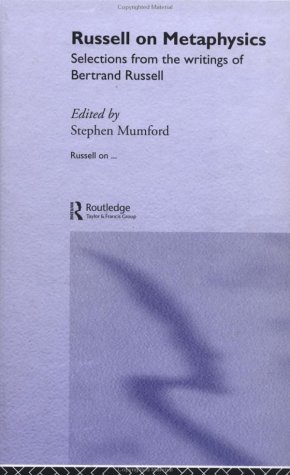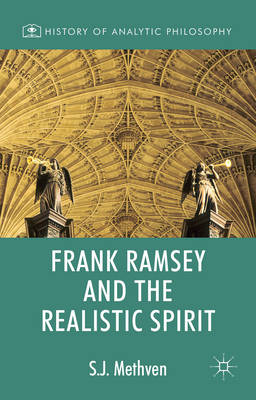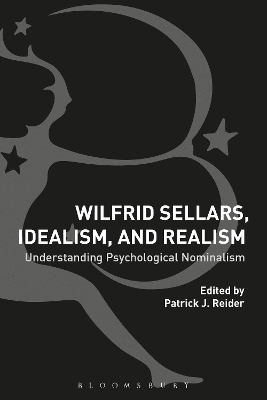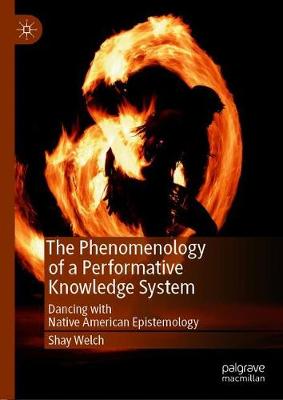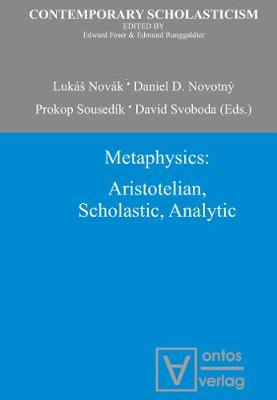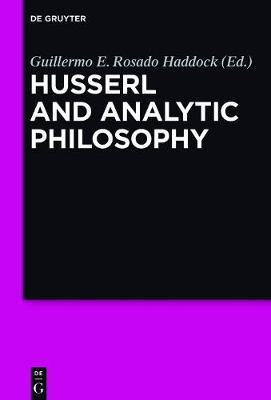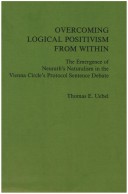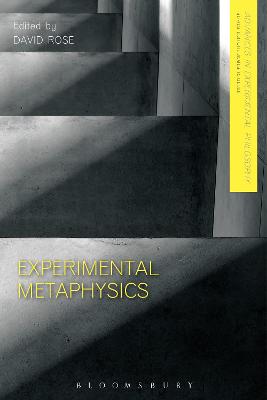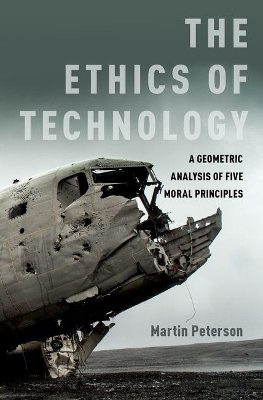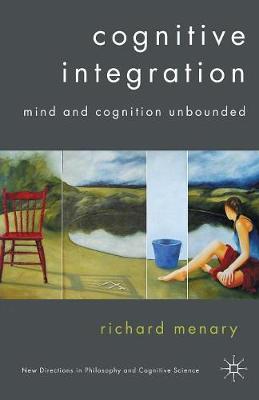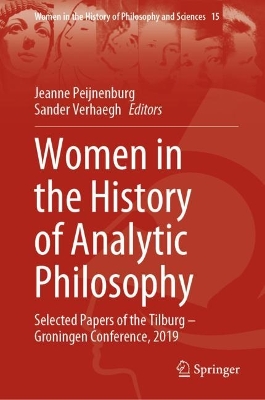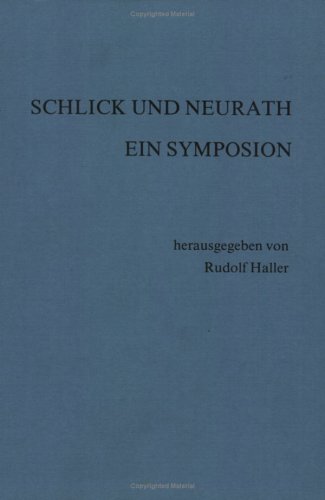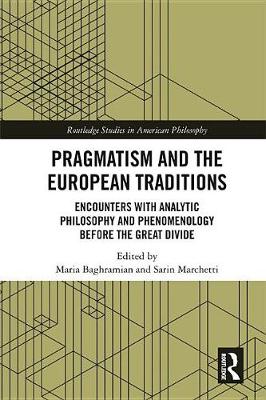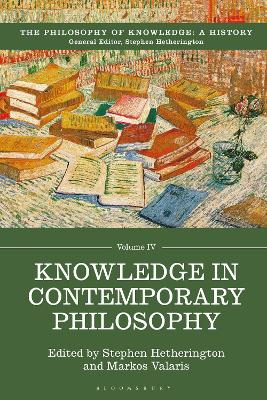Is the world of appearances the real world? Are there facts that exist independently of our minds? Are there vague objects? Russell on Metaphysics brings together for the first time a comprehensive selection of Russell's writing on metaphysics in one volume. Russell's major and lasting contribution to metaphysics has been hugely influential and his insights have led to the establishment of analytic philosophy as a dominant stream in philosophy. Stephen Mumford chronicles the metaphysical natu...
Frank Ramsey and the Realistic Spirit (History of Analytic Philosophy)
by Steven Methven
This volume tracks Ramsey's philosophical development over the course of his short life, arguing that there runs throughout Ramsey's work a methodological commitment to philosophising in what he called 'the realistic spirit', a commitment which is only given that name by him in 1929, the final year of his life. This commitment is characterised by the rejection of various (though not all) forms of realism, not as false, but as nonsensical. A large part of the book is concerned with characterising...
Wilfrid Sellars, Idealism, and Realism
Wilfrid Sellars, Idealism, and Realism is the first study of its kind to address a range of realist and idealist views inspired by psychological nominalism. Bringing together premier analytic realists and distinguished defenders of German idealism, it reveals why psychological nominalism is one of the most important theories of the mind to come out the 20th century. The theory, first put forward by Wilfrid Sellars, argues that language is the only means by which humans can learn the types of so...
This book investigates the phenomenological ways that dance choreographing and dance performance exemplify both Truth and meaning-making within Native American epistemology, from an analytic philosophical perspective. Given that within Native American communities dance is regarded both as an integral cultural conduit and "a doorway to a powerful wisdom," Shay Welch argues that dance and dancing can both create and communicate knowledge. She explains that dance-as a form of oral, narrative storyt...
Metaphysics (Contemporary Scholasticism, #1)
Throughout the greater part of the twentieth century, both in the analytic and continental traditions, metaphysics was deemed to be passe. The last few decades, however, have witnessed a remarkable growth of interest among analytic philosophers in various traditional metaphysical topics, such as modality, truth, causality, etc. which resulted in the emergence of various forms of analytic metaphysics. The new forms of metaphysics differ from its traditional forms mostly in their methodology (we m...
Husserl and Analytic Philosophy
The book contributes to the refutation of the separation of philosophy in the 20th century into analytic and continental. It is shown that Edmund Husserl was seriously concerned with issues of so-called analytic philosophy, that there are strict parallelisms between Husserl's treatment of philosophical subjects and those of authors in the analytic tradition, and that Husserl had a strong influence on Rudolf Carnap's 'Aufbau'.
Overcoming Logical Positivism from Within (Studien zur OEsterreichischen Philosophie, #17)
by Thomas E. Uebel
Die Freiheit Des Subjekts Bei Schleiermacher
by Katharina Gutekunst
Experimental Metaphysics (Advances in Experimental Philosophy)
Metaphysics, almost entirely neglected by experimental philosophers, is the central focus of Experimental Metaphysics. The volume brings together a range of views aimed at addressing the question of how cognitive science might be relevant to metaphysics. With contributions from cognitive scientists and philosophers, chapters focus on theoretical and empirical issues involving the potential role of cognitive science in metaphysics. Alongside topics such as free will, objects and causation, in...
Autonomous cars, drones, and electronic surveillance systems are examples of technologies that raise serious ethical issues. In this analytic investigation, Martin Peterson articulates and defends five moral principles for addressing ethical issues related to new and existing technologies: the cost-benefit principle, the precautionary principle, the sustainability principle, the autonomy principle, and the fairness principle. It is primarily the method developed by Peterson for articulating and...
Cognitive Integration (New Directions in Philosophy and Cognitive Science)
by R. Menary
This book argues that thinking is bounded by neither the brain nor the skin of an organism. Cognitive systems function through integration of neural and bodily functions with the functions of representational vehicles. The integrationist position offers a fresh contribution to the emerging embodied and embedded approach to the study of mind.
Gratitude Journal Five Minutes a Day to Develop Gratitude, Mindfulness and Productivity.
by Steven Grater
Women in the History of Analytic Philosophy (Women in the History of Philosophy and Sciences, #15)
This book contains a selection of papers from the workshop Women in the History of Analytic Philosophy held in October 2019 in Tilburg, the Netherlands. As such, it is the first book devoted to the role of women in early analytic philosophy. It discusses the ideas of ten female philosophers. It covers a period of over a hundred years, beginning with the contribution to the Significs Movement by Victoria, Lady Welby, in the second half of the nineteenth century, and ending with Ruth Barcan Marcus...
On Philosophy, Intelligibility, and the Ordinary (Contemporary Whitehead Studies)
by Randy Ramal
Randy Ramal argues that philosophers have a hermeneutical responsibility to the intelligibility of everyday life. Furthermore, they need to go the hard way to fulfill it, which entails overcoming the temptation to turn philosophy into a normative discipline, while also appreciating the need to limit the philosopher’s engagement with the world to explicating the coherent sense that everyday life has, and to recovering that sense when life’s intelligibility is challenged by unwarranted skepticism....
Schlick und Neurath - ein Symposion (Grazer Philosophische Studien, 16-17)
Pragmatism and the European Traditions (Routledge Studies in American Philosophy)
The turn of the twentieth century witnessed the birth of two distinct philosophical schools in Europe: analytic philosophy and phenomenology. The history of 20th-century philosophy is often written as an account of the development of one or both of these schools, as well as their overt or covert mutual hostility. What is often left out of this history, however, is the relationship between the two European schools and a third significant philosophical event: the birth and development of pragmatis...
Knowledge in Contemporary Philosophy
Praktische Intelligenz Und Die Zweiteilung Des Wissens
by Hannes Worthmann


